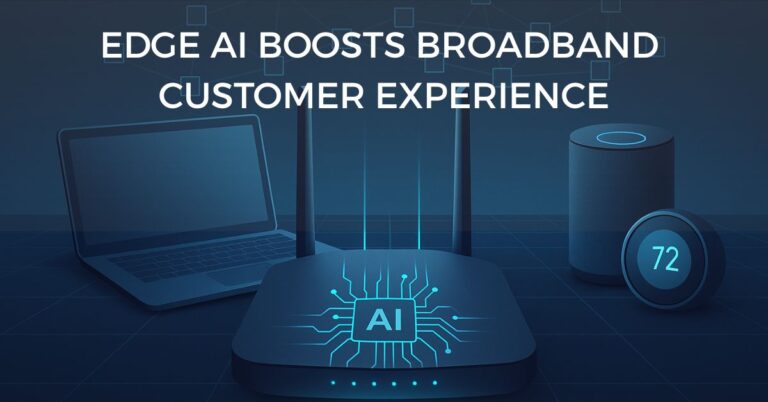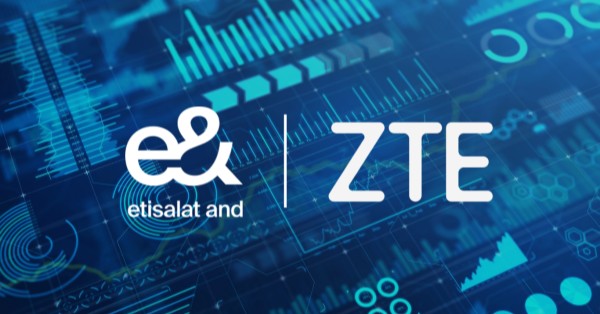Empowering the Future of Work with 5G-Integrated Windows 11 PCs
In today’s rapidly evolving work environment, the demand for seamless, secure, and efficient connectivity is more pressing than ever, particularly as businesses navigate the complexities of hybrid and remote work models. Traditional connectivity solutions often fall short, especially for laptop users who face the challenge of finding secure Wi-Fi networks. Ericsson’s innovative Ericsson Virtual Cellular Network (EVCN), a pioneering initiative from Ericsson ONE, is set to transform this landscape by automating eSIM profile management, thereby enabling enterprises to establish their own virtual cellular networks. This breakthrough facilitates swift and secure connections for employee laptops to various 5G networks using Windows 11 PCs, which are adept at selecting eSIM profiles and automatically switching networks according to predefined enterprise policies.
Ian LeGrow, Microsoft Corporate Vice-President of Core OS Innovation, underscores the critical need for providing secure remote access for the mobile workforce. Through collaboration with Ericsson on the EVCN initiative, Windows 11 Pro devices managed with Microsoft Intune are equipped to seamlessly and securely connect to global 5G networks. This collaboration ensures that network and device provisioning, connectivity optimization, and policy-based management are seamlessly integrated, thereby enhancing productivity and ensuring easy access to essential corporate systems and resources.
Leveraging 5G for Unmatched Connectivity and Productivity
The EVCN solution capitalizes on the exceptional performance and extensive coverage of 5G networks, offering organizations the ability to deliver an ‘always-connected’ experience. This is crucial for enhancing the productivity of a hybrid workforce, ensuring employees remain connected to the most efficient and suitable 5G network through the activation of the appropriate eSIM profile.
Magnus Leonhardt, Head of Strategy & Innovation B2B at Telia Sweden, points to the growing customer demand for reducing internal infrastructure complexity. Standardized 5G technology, he notes, provides unparalleled quality of service and holistic connectivity that meets the diverse needs of users, whether in the office, at home, or on the move.
A comprehensive trial with Ericsson Enterprise IT, involving collaborations with SoftBank Corp. in Japan, T-Mobile in the United States, and Telia in Sweden, successfully demonstrated the potential of eSIM profile management and automatic network switching. This trial provided Ericsson employees using 5G Windows 11 PCs a seamless connectivity experience as they traveled across Stockholm, New York, Seattle, and Tokyo.
Mats Hultin, CIO and Head of Ericsson Enterprise IT, highlights the company’s commitment to IT modernization and the transition towards a wireless enterprise that supports flexible working arrangements. The trial underscored EVCN’s role as a strategic element in moving from traditional fixed connectivity solutions to a scalable, global 5G infrastructure.
Innovative Solutions for Private and Public 5G Networks
The trial also extended to eSIM management within a private 5G network at Ericsson’s D-15 lab in Santa Clara, showcasing the seamless transition between private and public 5G networks on laptops as employees moved across different coverage areas. Thales’ eSIM-as-a-Service (eSaaS) technology played a pivotal role in this process, offering a simplified and secure way for enterprises to connect devices to 4G/5G private networks.
Eva Rudin, Thales Vice President of Mobile Connectivity Solutions, emphasized the importance of providing enterprises with an intuitive web interface to order and configure eSIMs, facilitating easy connectivity.
Conclusion: A Vision for Hybrid Work Enhanced by 5G
This collaborative effort among Ericsson, Microsoft, SoftBank, T-Mobile, Telia, and Thales, showcased at MWC Barcelona 2024, represents a significant leap forward in utilizing 5G technology to enhance enterprise IT. By ensuring high-performance 5G connectivity for Windows 11 PCs, employees can securely access cloud-based services such as Microsoft Teams and Office 365, whether they are working from the office, home, or on the move. The EVCN solution, combined with cloud technologies and 5G connectivity, is redefining the reality of hybrid work, offering a cost-efficient and sustainable IT solution that promises to elevate employee productivity and security across various work settings.
Ryuji Wakikawa, Vice President and Head of the Research Institute of Advanced Technology at SoftBank Corp., views EVCN as a transformative tool for modernizing work styles through the integration of 5G, enhancing the implementation of AI workflows with improved security. This initiative highlights the potential of 5G to not only streamline connectivity but also to foster a more dynamic, efficient, and secure work environment for enterprises worldwide.



























